Tumor
-
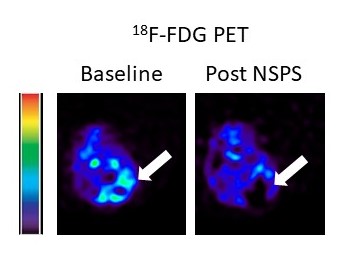
Vanderbilt nanodrug may be a paradigm shift for cancer
A multidisciplinary research team at Vanderbilt University and Vanderbilt University Medical Center has discovered a new way to kill a tumor by disrupting its acidic “microenvironment” without harming normal tissue. Read MoreFeb 7, 2024
-

Probing innate immunity
Manuel Ascano team validates an inhibitor of the cGAS-STING signaling pathway, which is important for cellular innate immunity against bacteria, viruses, and our own damaged DNA. Read MoreMay 19, 2020
-

VICC study sheds new light on Von Hippel-Lindau syndrome
Investigators at Vanderbilt-Ingram Cancer Center (VICC) and the Virginia Tech Carilion Research Institute (VTCRI) have revealed a gene mutation’s role in Von Hippel-Lindau syndrome, a genetically inherited disease which causes tumor growth in several organs. Read MoreMar 8, 2018
-

Oxidative stress in tumors
Vanderbilt investigators have developed a new method for measuring oxidative stress in human tumors, which provides insight into cancer development. Read MoreMay 18, 2017
-

Origins of neuroblastoma
Vanderbilt researchers are exploring how neuroblastoma tumors begin and progress, knowledge that could provide new treatments for this pediatric cancer. Read MoreAug 12, 2015
-
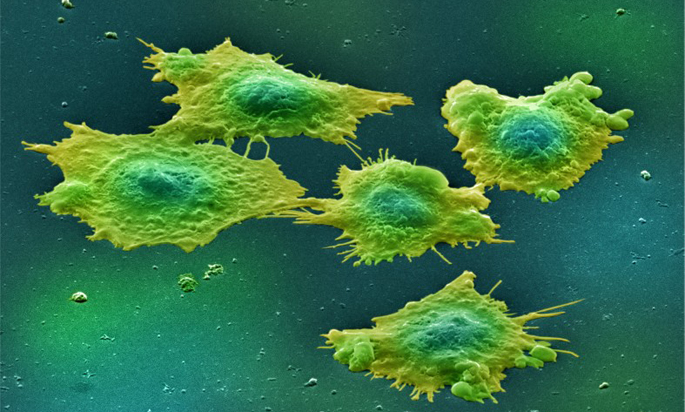
‘Stretched’ cells promote cancer
Mechanical stress appears to be a critical factor in activating normal tissue-associated fibroblasts to generate cancer-associated fibroblasts. Read MoreFeb 19, 2015
-
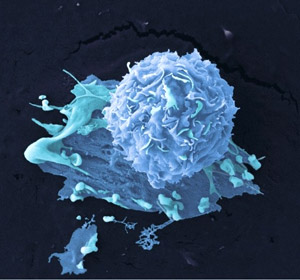
Enzyme affects tumor metastasis
A protein that degrades the “matrix” between cells participates in the development of lung metastases from primary breast cancer in mouse models and may be a good target for breast cancer treatment. Read MoreJan 8, 2015
-

Immune cell activity and melanoma
The activity of a certain factor in immune cells is essential for an anti-tumor response, emphasizing the need to consider the effects of anti-cancer therapies on immune cells. Read MoreNov 6, 2014
-

Growth factor blockade targets breast tumors
Inhibition of BMP growth factor signaling reduces breast tumor burden and metastasis. Read MoreAug 14, 2014
-
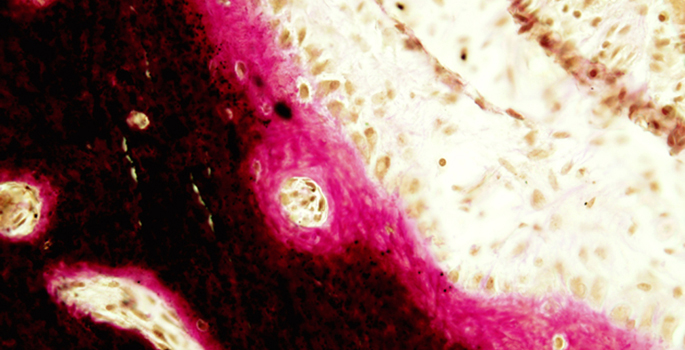
Novel treatment strengthens bones in genetic disease
An enzyme therapy may prevent skeletal abnormalities associated with the genetic disorder neurofibromatosis type-1, Vanderbilt investigators have discovered. Read MoreAug 7, 2014
-
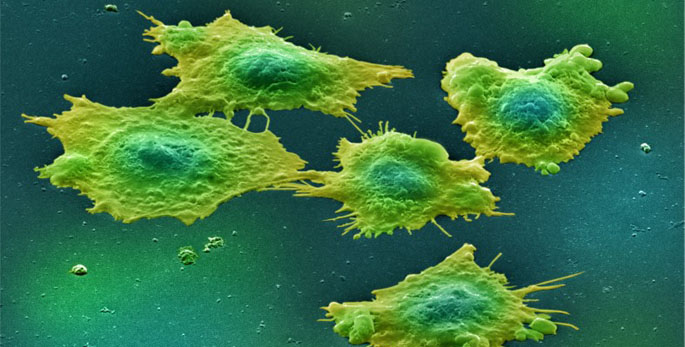
Cellular forces aid tumor invasion
The contractile machinery inside tumor cells increases invasive properties, suggesting it might be a good target to inhibit cancer cell spread. Read MoreMay 22, 2014
-

PET probe detects dying tumor cells
A novel PET imaging probe detects tumor cell death in vivo and could be useful for personalizing cancer medicine. Read MoreMay 8, 2014
-
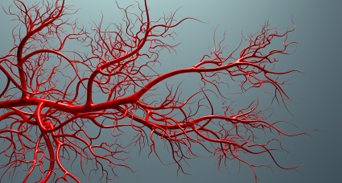
Targeting tumor “supply lines”
A metabolic enzyme plays a crucial role in vascular development and may be a good target for cancer therapies. Read MoreDec 18, 2013
-
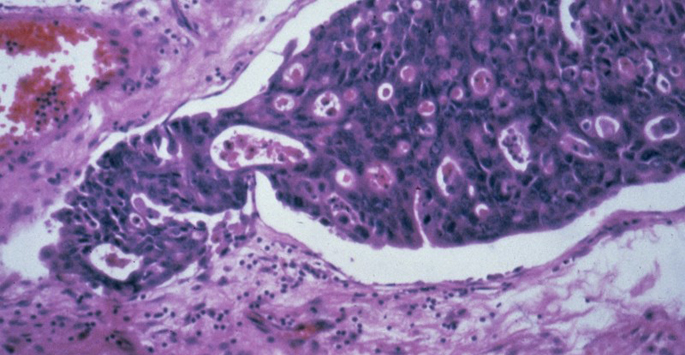
Therapeutic target for gastric cancer
A protein kinase linked to inflammation and tumor development may be a good target for gastric cancer therapies. Read MoreDec 12, 2013
-
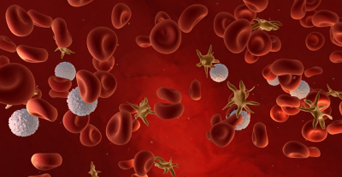
Bid protein guards blood cells against stress
A protein normally known to promote cell death found to encourage survival of blood forming cells. Read MoreOct 25, 2012
-
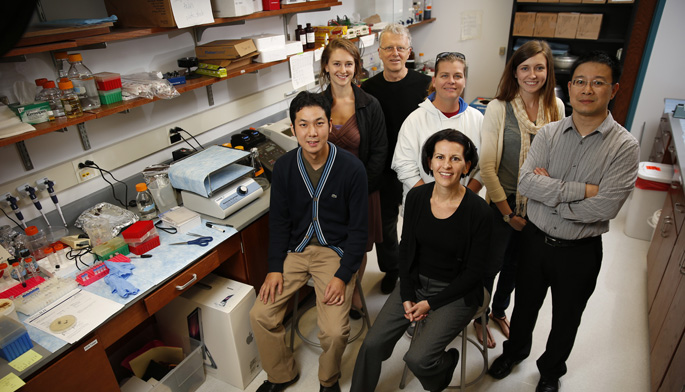
Proteins help flip tumor’s invasive switch
Vanderbilt investigators have identified how two key components of cancer's invasive "switch" — the series of signaling events that turn on a tumor cell’s invasive behavior — work together. Read MoreOct 4, 2012
-
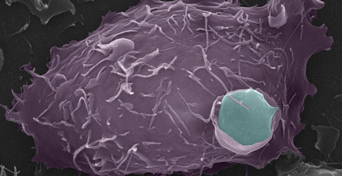
Cells with LIP eat their neighbors
A transcription factor called LIP is capable of causing one cell to consume another. Read MoreSep 13, 2012
-
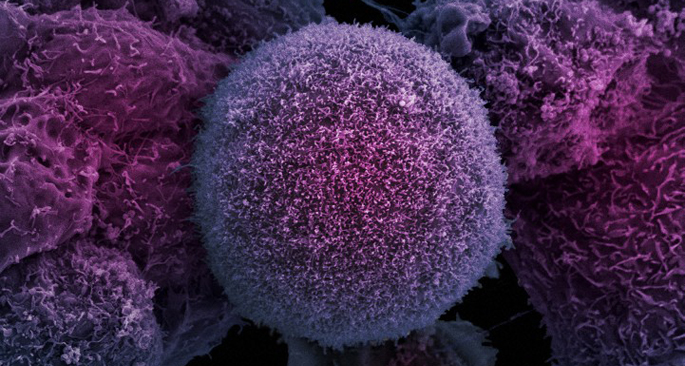
Proteins guard against cancer spread
Targeting immune system proteins may keep prostate cancer from spreading to bone. Read MoreJul 24, 2012
-

Wilms’ tumors differ in developing nations
In addition to limited health care resources, biological factors may play a role in the poor survival of children with a common kidney cancer in developing nations. Read MoreApr 13, 2012
-

Risk of secondary tumors from melanoma drug studied
A new study offers clues on why melanoma patients who are treated with oral drugs inhibiting the BRAF gene are at increased risk for developing secondary skin cancers. Read MoreMar 23, 2012